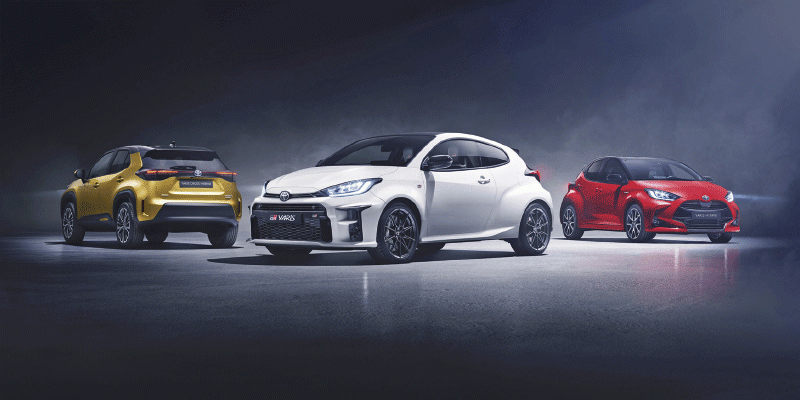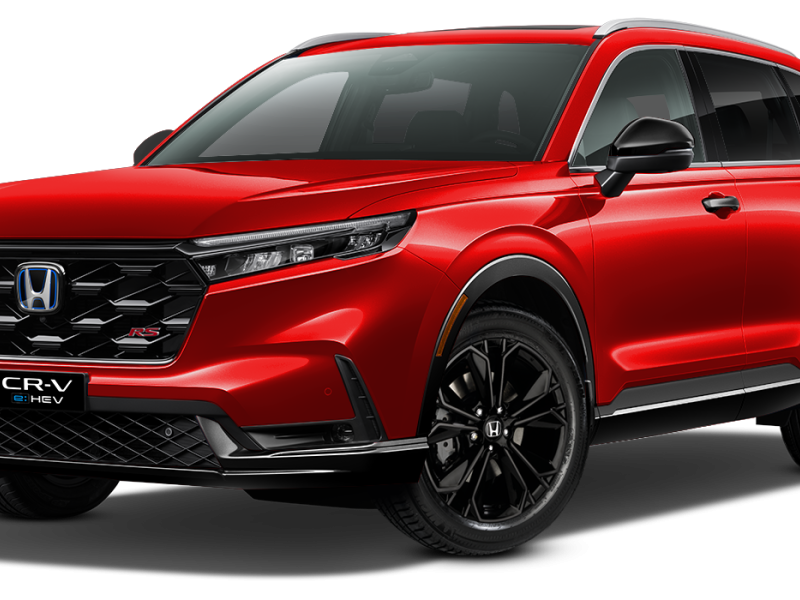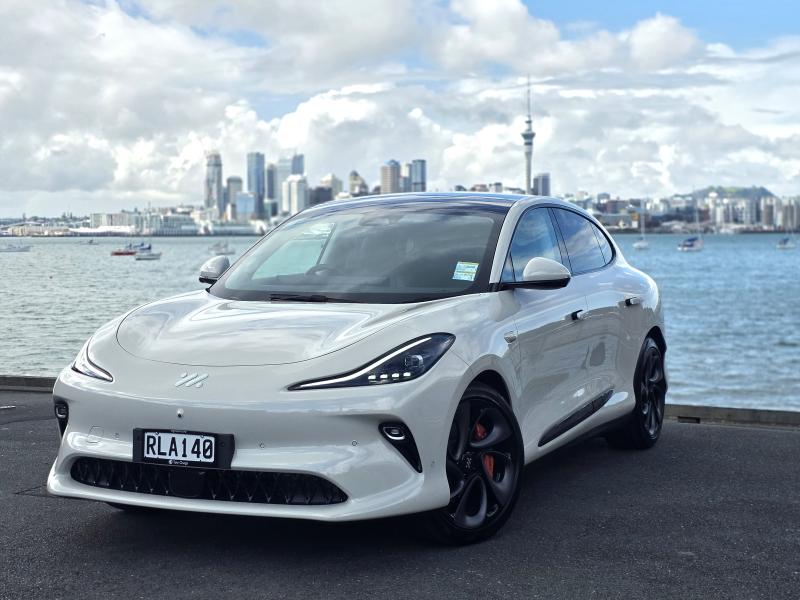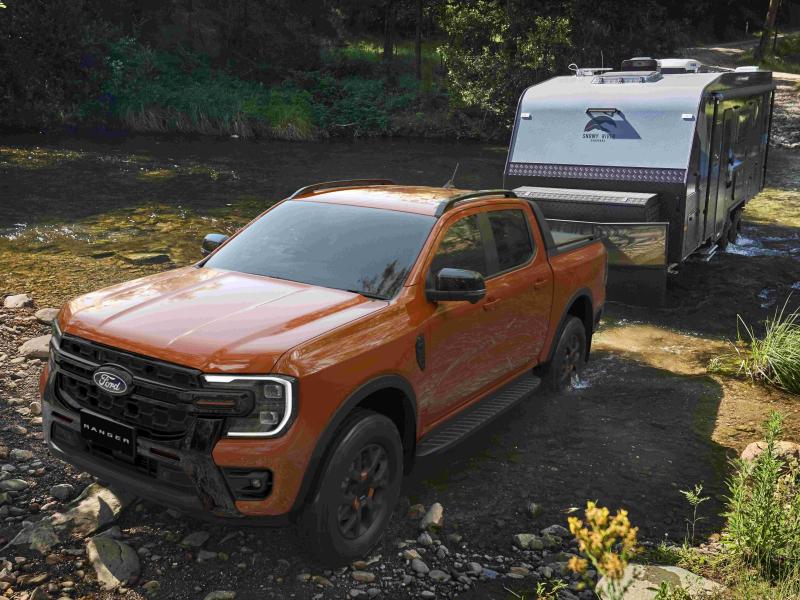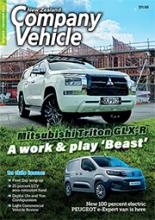“A little package of fun,” that’s the description Toyota New Zealand is touting for its recently released Yaris, the fourth generation of the nameplate which is now setting the benchmark for fuel efficiency.
That should be enough to get a fleet manager to sit up and take notice, and possibly even say “What? Wait, What?” but chances are if you hum and hah too long, you won’t be able to get your doughnut-coated fingers to sign the contract fast enough to secure your Yaris.
See, these little Yaris’s are not your typical fleet car and they really appeal to the private consumer, who can typically, move a little faster when it comes to buying sub-$30k cars.
FM’s might have a better shot at re-fleeting with a Yaris though, because although the diminutive runabout really whets their whiskers, the rental fleet buyer is going to struggle out of a post-Covid slump, which means, you might have time to talk turkey with Toyota this time around after all.
Actually, you’ll be talking Drive Happy, the redeveloped car buying/ownership programme 10 years in the making and which is starting to flex some muscle. Drive Happy takes away the pain points of vehicle purchasing and removes the high-pressure sales element.
It was a big gamble when it was launched, but it seems to be working well:
Toyota NZ is looking at some spectacular sales results over June/July given the lack of rental market activity, which has always been a bit of a cash cow for the brand.
Even with Covid-19 ripping the market savagely, Toyota’s market share has been very strong. The New Zealand market showed 154,479 units in 2019 and TNZ is forecasting a drop to 100,000, and quietly, we have heard the same sort of story from many other manufacturers.
Just to touch lightly on how things are looking for TNZ between 2019 and 2020 the brand’s private sector sales are at 13.5 percent share over 2019’s 11.6 percent, government sales have gone from 2019’s 40.4 percent to 42.2 percent and the fleet business (direct) has blossomed from 17.4 percent to 19.1 percent.
Fleet dealer business jumped from 17.4 percent a year ago to 19.1 percent for this year. The only downside is rental, which took a massive hit from 48.6 percent to 13.5 percent.
And with the latest Yaris, along with a raft of new product coming in across Lexus and Toyota brand, the fourth quarter results are going to be possibly the most memorable in New Zealand’s automotive history.
But Yaris in the meantime, is making its mark historically as well. Toyota’s not claiming it has the cheapest compact on the market, but it is accepting the challenge of being the most specified for safety and the most frugal.
Here’s how that plays out. Yaris comes to us in three models in its initial family offering, the GX hybrid at entry, the ZR petrol and the ZR hybrid, all sharing the same engine, a three-cylinder, 1.5 litre petrol engine.
As a petrol engine alone (ZR), Yaris returns a pretty good 4.9 litre per 100km fuel figure. Add an electric motor and an under-seat Lithium Ion battery pack, and the claimed fuel figure is 3.3 litres per 100km. And that’s running 91 octane fuel.
TNZ claims the purely petrol model’s fuel consumption is down 23 percent from the outgoing model while the hybrid is down by 48 percent! CO2 emissions share the same percentage drop.
Petrol and hybrid engines have some slight differences; not least of which is in the fuel systems – direct injection for the petrol, port injection for the hybrid – and the power and torque outputs.
The petrol hits peak power of 88kW at 6660rpm and 145Nm torque at 4800rpm.
The hybrid has a petrol engine output of 67kW at 5500rpm, but its total output with the electrics tops out at 85kW. Torque is slightly down at 120Nm at 3800rpm, but this again is a petrol engine only figure.
Transmissions are CVT across the range: a mechanical gear version for the petrol and electronic CVT for the hybrid.
Later on, the Yaris range will be joined by the super-hot GR model and the Yaris Cross with its SUV-esque styling cues. These will be arriving in the next few months.
There are a few more considerations for the range we have available right now however.
First off, you’ll be hearing or reading about TNGA – B. This is the platform which the Yaris is built on. Toyota New Global Architecture (TNGA) was the latest and greatest, but the Yaris is the first model to come in with the enhanced B platform.
This is in keeping with the designer’s brief of building a car that is compact, low, wide and condensed, all wrapped up with a decidedly European influence which also serves to cement the Yaris as part of the Toyota family. It no longer suffers the “Oh yes, there’s the Yaris” afterthought mindset.
Overall, the new Yaris is 5mm shorter than the outgoing model, but it has a longer wheelbase that is an astonishing 40mm longer for much improved handling.
The new Yaris has also seen a 10mm height reduction, but this has not adversely affected seat height as the seats are lower in the car anyway.
The next consideration is safety. Yaris comes with all the Toyota Safety Sense suite of features, including some we hadn’t heard about before. Wait for our reviews next issue.
In saying this, the safety equipment on the new Yaris sets a benchmark for its class and leaves a big gap between cars competing with Toyota’s full-on fun firecracker.
Pricing? Yes, good question. The Yaris GX petrol starts to get your attention at $25,990 with the GX hybrid coming in a little higher (but not a whole lot) at $27,990. The hero ZR models come in at $29,990 and the ZR hybrid at $32,990.


